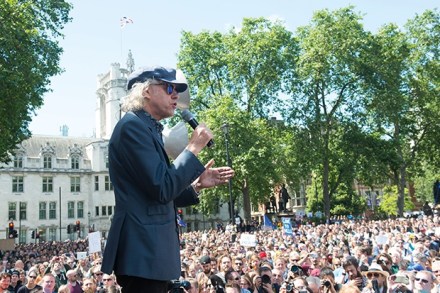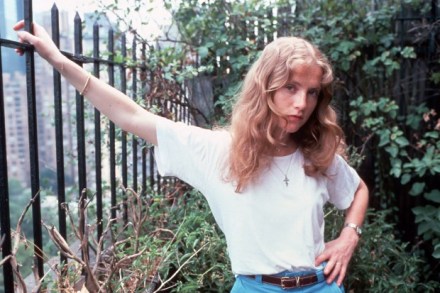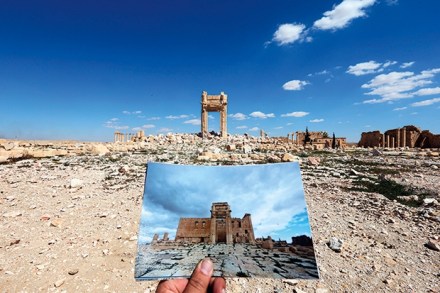Root and branch
Eventually,’ said Michelangelo Pistoletto, ‘it became a movement. In fact, I believe that arte povera was the last true movement. Since then all artists have been individuals.’ We were sitting one baking hot day last month in his cool study in Biella, a small town in the foothills of the Alps where he has established




















